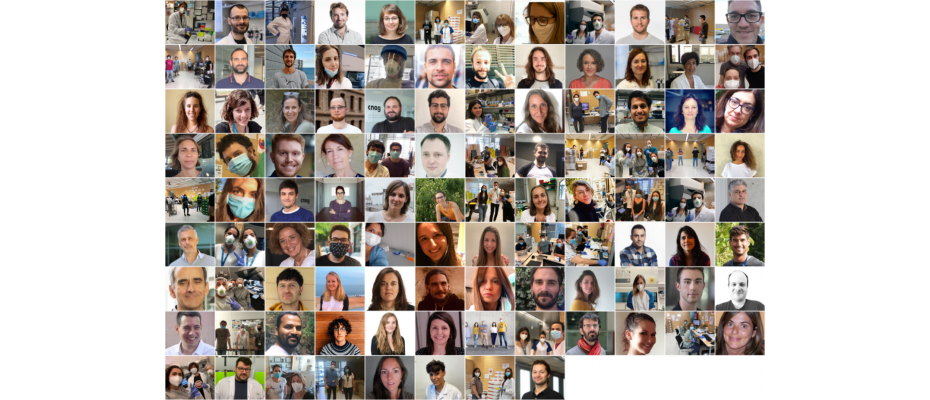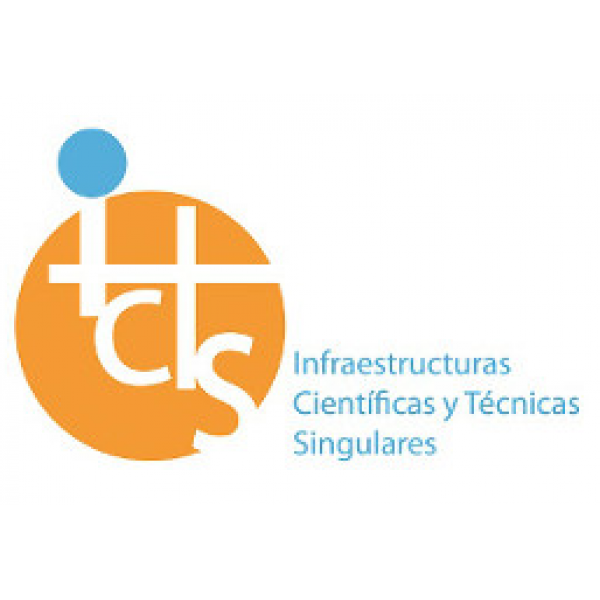
BCN, 3 Dec, 2020.- The Programa Orfeu, which launched earlier this year to carry out mass testing for COVID-19 during Catalonia’s first wave of the pandemic, was an unprecedented collaboration between the research, healthcare and governmental systems.
The project brought together some of the major research institutes across Catalonia. There were two main sample-processing nodes with close to 200 volunteers collectively – one at the Barcelona Biomedical Research Park (PRBB) orchestrated by the Center for Genomic Regulation (CRG) and the other at Barcelona Science Park (PCB), jointly coordinated by Centro Nacional de Análisis Genómico (CNAG-CRG,) IRB Barcelona and IBEC.
In a new publication published in F1000Research, fifty volunteers exclusively composed of researchers and administrative staff at the CRG and the CNAG-CRG, describe the key challenges and lessons learned from taking part in the initiative.
Sergi Beltran, Head of the Bioinformatics Unit of the CNAG-CRG, led the team that developed the data management and PCR validation system for both nodes. “It was a challenging project because it involved many stakeholders and we had to build a system very quickly at the same time as the specifications were defined. However, it was very rewarding for everyone involved because we immediately saw the impact and the value of what we had created.”
For Rito Ghose, a PhD student who volunteered for Orfeu, the initiative was an opportunity to fight complacency and give back to society. “In this article we share our personal motivations in the hope that we may inspire other researchers like us, to join the global testing initiative,” he says. “Every little contribution counts, especially if we can help other research institutes who may have to set diagnostic protocols such as this one in the future.”
The publication covers a wide range of challenges from a variety of perspectives, ranging from how to develop an online informatics platform from the ground up to identifying the optimal combination of reagents to ensure test reliability.
Despite having the resources and technical expertise, the volunteers describe the sheer scale of the challenge of converting a research centre into a mass testing service.
For Romina Garrido, who works in administrative secretariat for the CRG, the initiative has led to a friendly, collaborative and positive atmosphere for all. “It was rewarding to see how volunteers were always ready to put on hold their preferences and personal life, to help with whatever task they were assigned and just happy for being part of something helpful,” she says. “For many of them, especially between scientists and administrators, it was the first time they meet each other!”
As well as carrying out their normal day to day activities, volunteers put in an extra 4-5 hours every day to manage Orfeu. The logistical chain could throw up all sorts of technical hurdles that required improvisation and problem solving, such as boosting a robot’s ability to process from 96 samples to 484 every 90 minutes.
Work of reference
In this video we explain the Orfeu project in just 1 minute.
In this video CNAG-CRG volunteers of Orfeu Programme of mass COVID-19 testing explain their motivations to participate in this programme.
In this video volunteers from the CNAG-CRG and the CRG who participated in Orfeu Programme explain their contribution to the different phases of the process the samples follow, since the moment they arrive at the institute, until PCR tests results are sent to the microbiologists at the different hospitals, so that they can set the diagnose.










